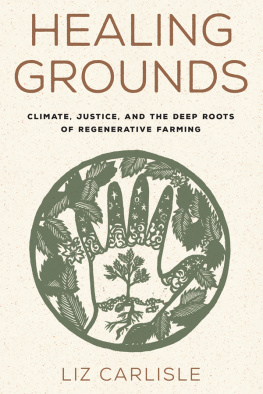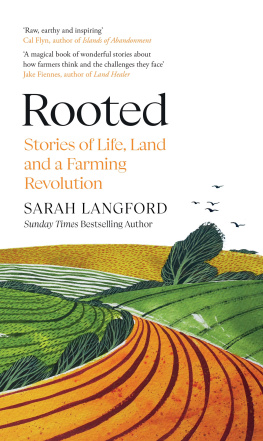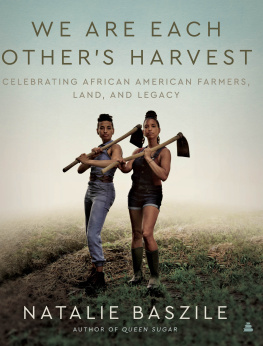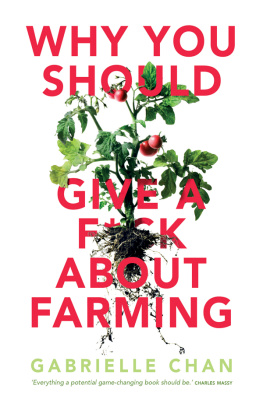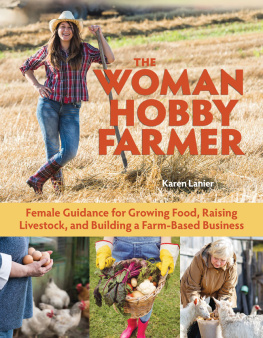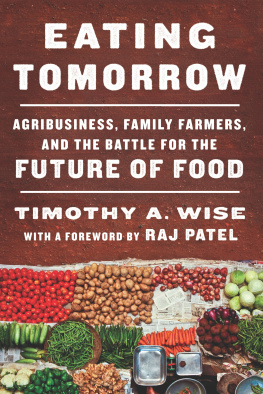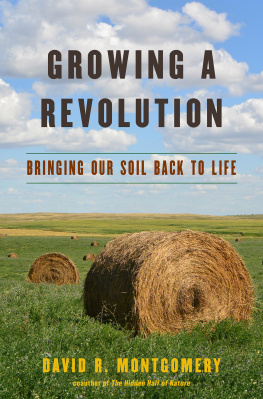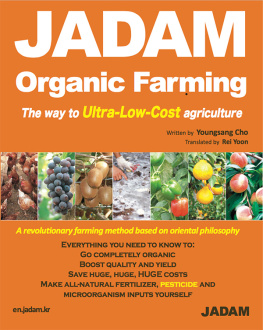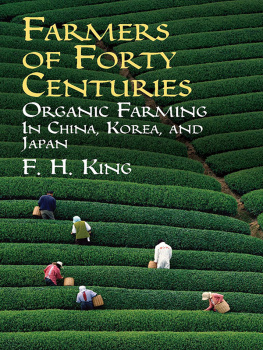About Island Press
Since 1984, the nonprofit organization Island Press has been stimulating, shaping, and communicating ideas that are essential for solving environmental problems worldwide. With more than 1,000 titles in print and some 30 new releases each year, we are the nations leading publisher on environmental issues. We identify innovative thinkers and emerging trends in the environmental field. We work with world-renowned experts and authors to develop cross-disciplinary solutions to environmental challenges.
Island Press designs and executes educational campaigns, in conjunction with our authors, to communicate their critical messages in print, in person, and online using the latest technologies, innovative programs, and the media. Our goal is to reach targeted audiencesscientists, policy makers, environmental advocates, urban planners, the media, and concerned citizenswith information that can be used to create the framework for long-term ecological health and human well-being.
Island Press gratefully acknowledges major support from The Bobolink Foundation, Caldera Foundation, The Curtis and Edith Munson Foundation, The Forrest C. and Frances H. Lattner Foundation, The JPB Foundation, The Kresge Foundation, The Summit Charitable Foundation, Inc., and many other generous organizations and individuals.
The opinions expressed in this book are those of the author(s) and do not necessarily reflect the views of our supporters.

Island Presss mission is to provide the best ideas and information to those seeking to understand and protect the environment and create solutions to its complex problems. Click here to get our newsletter for the latest news on authors, events, and free book giveaways.
2022 Liz Carlisle
All rights reserved under International and Pan-American Copyright Conventions. No part of this book may be reproduced in any form or by any means without permission in writing from the publisher: Island Press, 2000 M Street, NW, Suite 480-B, Washington, DC 20036-3319.
Library of Congress Control Number: 2021945110
All Island Press books are printed on environmentally responsible materials.
Manufactured in the United States of America
10 9 8 7 6 5 4 3 2 1
Keywords: African American farmers; Asian farmers; Biodiversity; BIPOC farmers; Black farmers; Carbon sequestration; Farmers of color; Farmworkers; History of agriculture; Indigenous farmers; IPCC; Land access; Latinx farmers; Monocultures; Northeast Farmers of Color Land Trust; Organic farming; Racism at USDA; Regenerative farming; Soil fertility; Soil health; Structural racism; Sustainable agriculture; Sustainable food system; Traditional farming methods
ISBN-13: 978-1-64283-222-8 (electronic)
Know the ways of the ones who take care of you, so that you may take care of them. Introduce yourself. Be accountable as the one who comes asking for life. Ask permission before taking. Abide by the answer. Never take the first. Never take the last. Take only what you need. Take only that which is given. Never take more than half. Leave some for others. Harvest in a way that minimizes harm. Use it respectfully. Never waste what you have taken. Share. Give thanks for what you have been given. Give a gift, in reciprocity for what you have taken. Sustain the ones who sustain you and the earth will last forever.
Robin Wall Kimmerer, Braiding Sweetgrass
Foreword
As this book goes to press, the need for healing is on the mind of anyone who reflects on the times in which we live.
The world is falteringly emerging from a global pandemic that to date has claimed 3.8 million lives. Scientists from two US government agencies (the National Aeronautics and Space Administration and the National Oceanic and Atmospheric Administration) have just announced that our planets radiative energy imbalancethe phenomenon underlying global warmingdoubled from 2005 to 2019. Contrast that observation with the facts that our solar system came into being about 4.6 billion years ago, that we humans have existed on the planet for only the past 200,000 years, that the fossil fuel era began just 162 years ago, and yet within a span of 14 years we have doubled the amount of heat trapped by the atmosphere. This vastly outpaces anything observed in the planets temperature record of the past 2,000 years. Headlines are documenting suffocating temperatures, droughts, dried-up rivers and lakes, raging wildfires, and violent storms, portending an era of climate instability, and an existential threat to humanity.
Add to this, we are contending the world over with the reverberations of a social order rooted in colonial conquest and extraction. Euphemistically called racial reckoning, new movements demand redress of therampant inequality created by global development. Initially, at least, these overdue calls for justice are polarizing societies already strained by discordant worldviews about humanitys role in the biosphere.
There is need for healing, indeed.
It is therefore the right time for a sober and inspiring book such as this one. In the careful and competent rendering of Liz Carlisle, we see the way that these pathologies are related. And we also see a possibility that setting racial and social relationships right may lead to righting the planets human-induced geophysical fever. Expressly, this work illustrates how human knowledge has already produced many pathways to meet the challenges of our timeif we but let this expertise flourish.
If this seems far-fetched, let me point to the books extremely apt title. Liz could have chosen many other descriptively faithful options. (Ill posit as just three possibilities: Agricultural Minority Report, Untold Stories from the Food Underground, or Global Agricultural Wisdom as Redemption.) But the brilliant two-word winner perfectly captures a theme running throughout this book: our salvation is literally underfoot, in soilmore properly, in how we interact with soil ecosystems that most of us dont see and therefore know little about, much less value. The double entendre of Healing Grounds is that there is a clear basis for the healing we need. But to survive, we must foment both the human and ecological diversity that have been suppressed by our history of homogenization, industrialization, and colonization.
Through spare, vivid storytelling, Liz illustrates the adaptive wisdom of Native American, African American, Mesoamerican, and Asian American traditions that may yet counteract the consumptive dead end of current agricultural practices. To be concrete, Im referring here to methods that build soil fertility, store carbon, and produce abundant nourishment while providing good livelihoodsin spite of being countercultural in an economic milieu fixated on maximizing profits. In these pages, it becomes clear that suppression of peoples, their traditions, and their well-being has also suppressed other critical stores of capital: ecological and social. In an era that demands that we restore these vital resources, this is an extremely timely contribution.
Also welcome is Lizs temperate treatment of a complex history. (To give you an example of the flavor: This is not to say there wereno hierarchies or oppressive governance systems before White people showed up.) No idealized and unrealistic assessments here. Instead, be prepared to join the protagonists as they journey from worn and unexamined perspectives to rediscovery of time-tested principles. Just one instance is Lizs rejoinder to an axiom of the dominant economic order: that self-interest will produce the best outcomes for all. She shows instead the power of cooperative economics, what ethnographers have called

